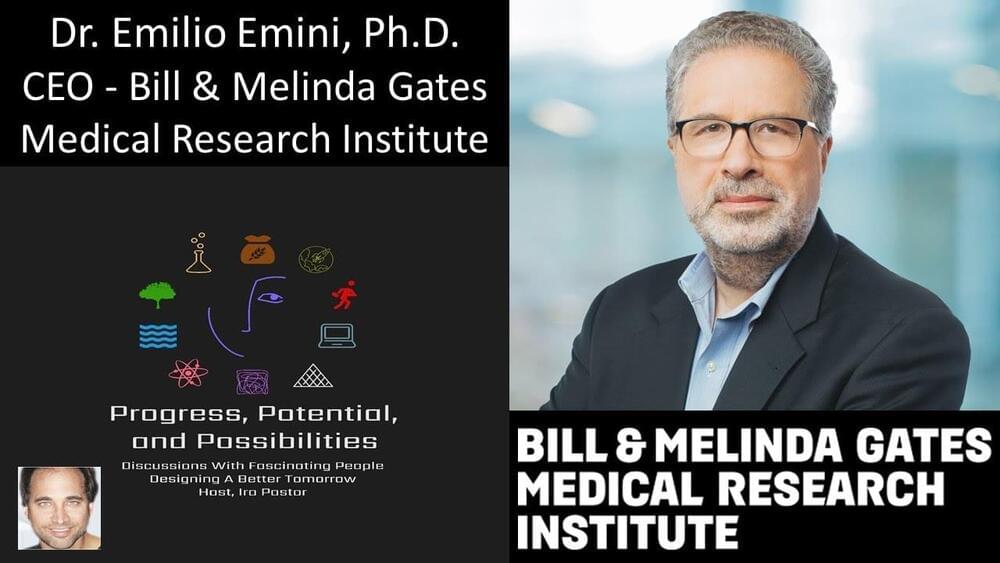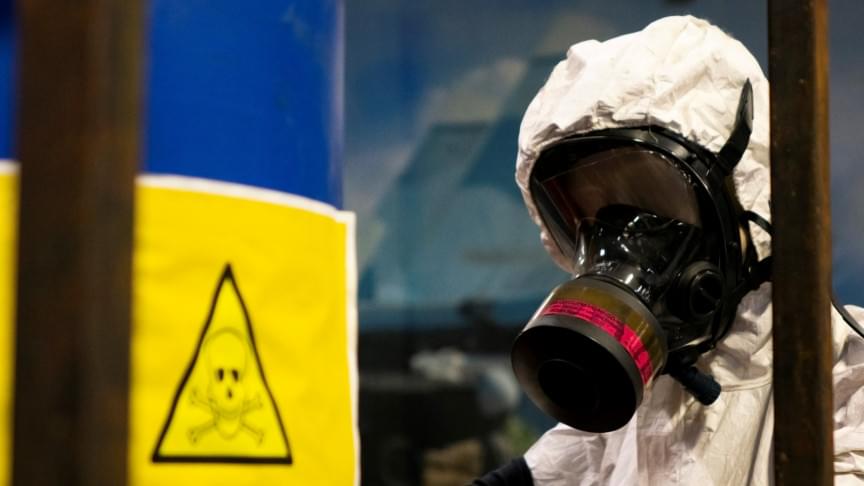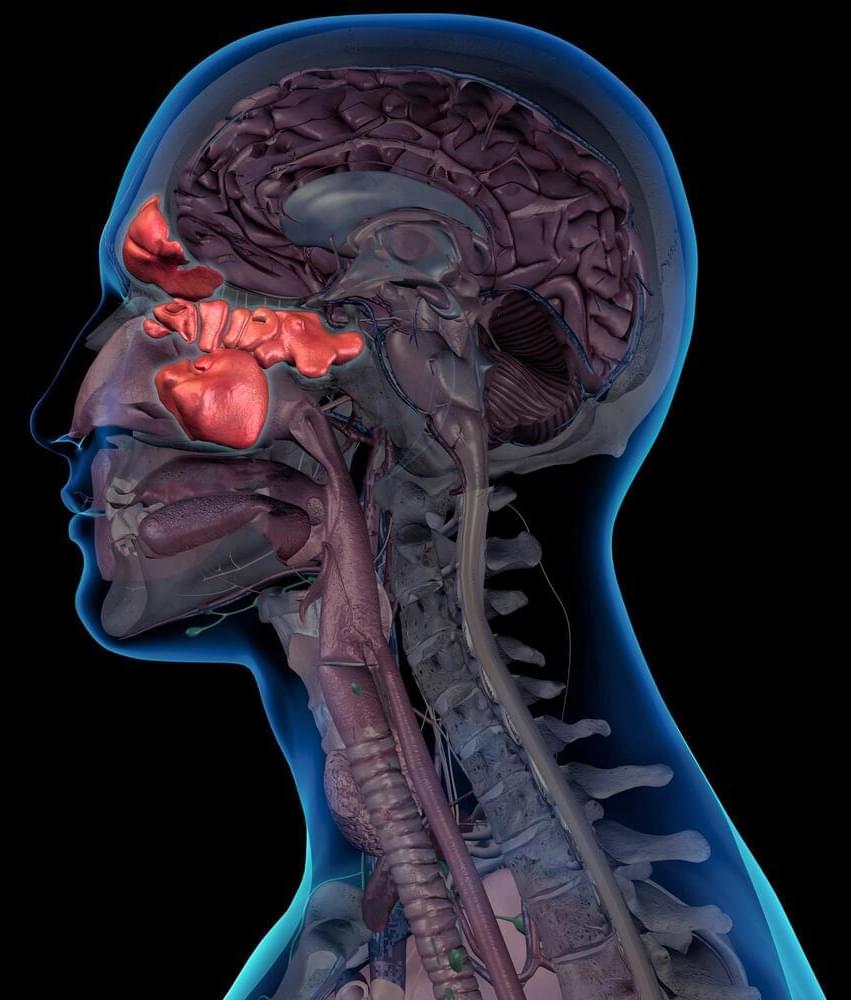Mar 24, 2022
How Can Quantum Computing Change the World?
Posted by Jose Ruben Rodriguez Fuentes in categories: business, climatology, computing, health, quantum physics
Every industry will be affected by quantum computing. They will alter the way business is done and the security systems in place which protect data, how we battle illnesses and create new materials, as well as how we tackle health and climate challenges.
As the race to build the first commercially functional quantum computer heats up, here we discuss a handful of the ways quantum computing will alter our world.

















